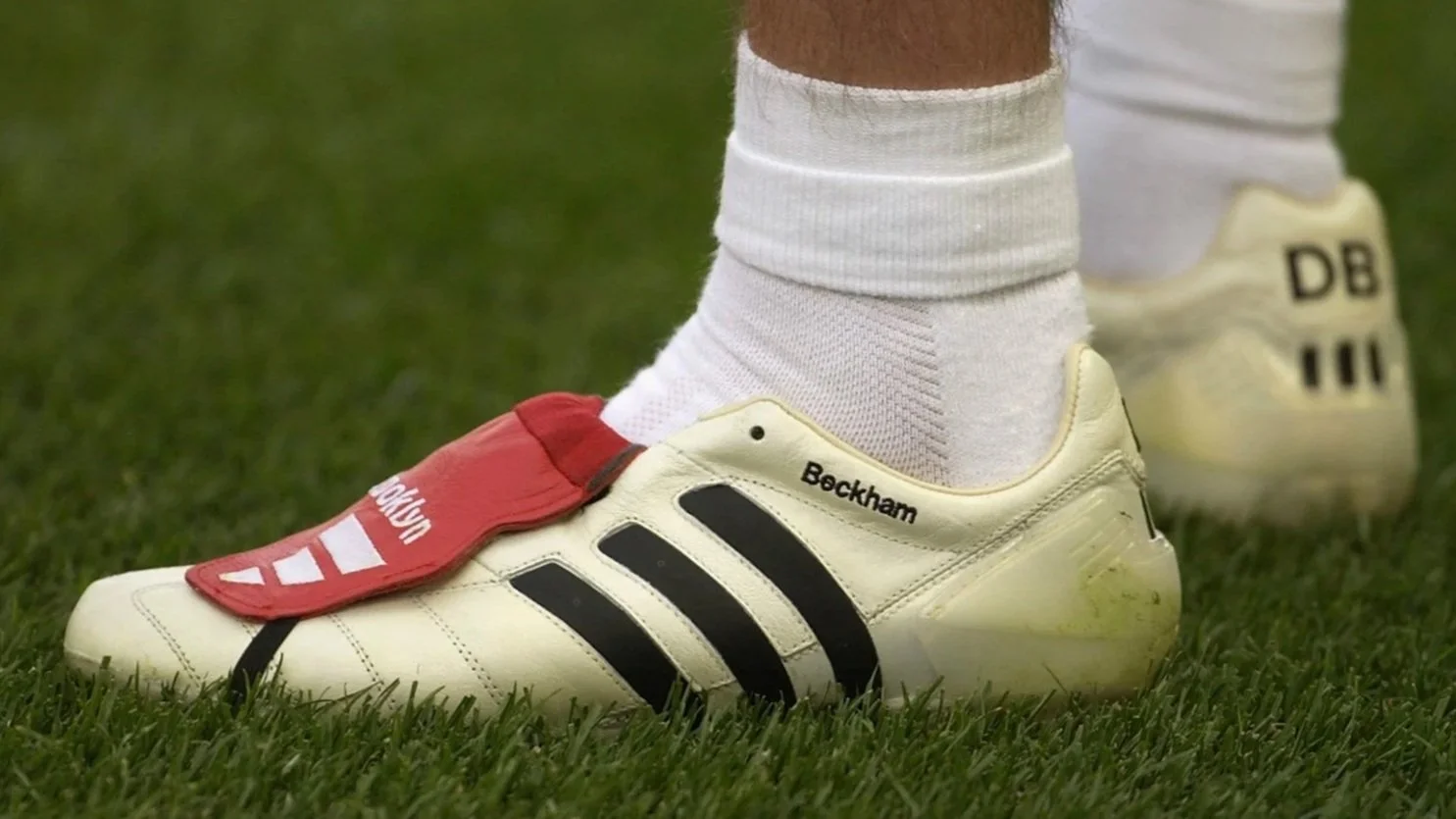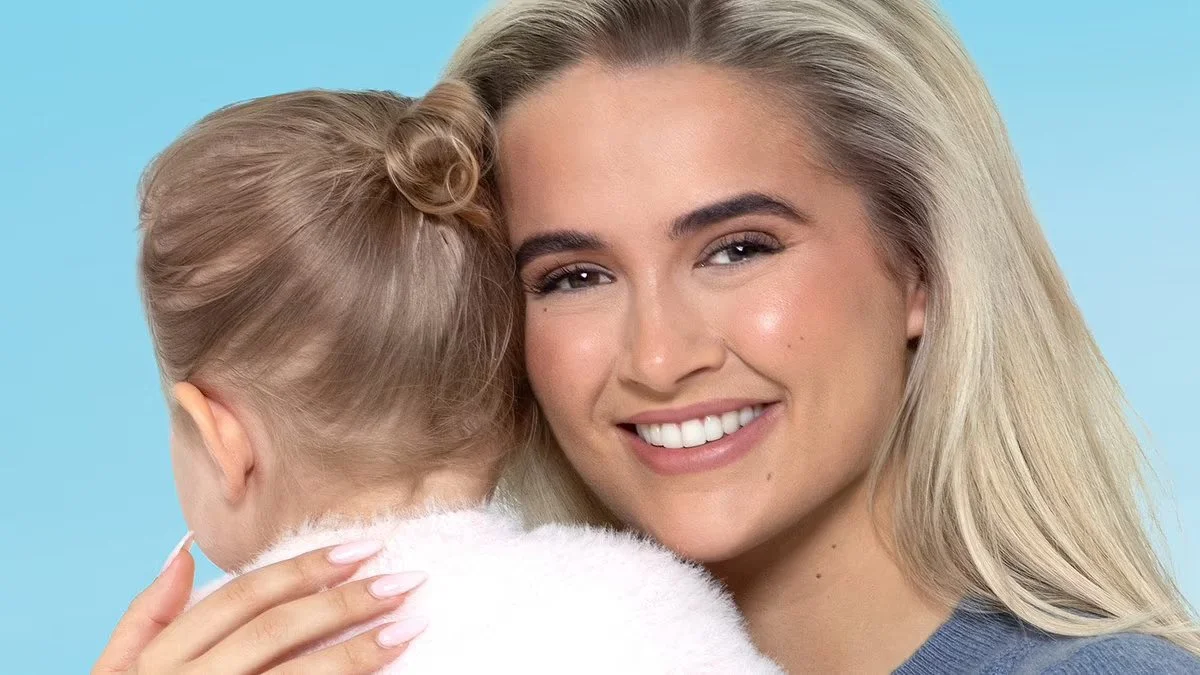Do Celebrity Endorsements Still Work in 2025?
Celebrity endorsements have been part of advertising for decades. Stick a famous face next to a product and the idea is that people will want to buy it. But in 2025, when consumers are savvier than ever, do celebrity endorsements still carry weight, or are they just expensive exercises in brand awareness?
Take a look around and you’ll still see plenty of famous faces fronting campaigns:
• Molly-Mae promoting Comfort fabric softener
• Jamie Redknapp strolling around in Skechers
• Austin Butler posing with Yves Saint Laurent aftershave
But here’s the big question: do any of these actually make you want to go out and buy those products? For most of us, probably not.
The Original Point of Endorsements
The classic idea behind a celebrity endorsement was simple: transfer the trust, aspiration, and admiration people feel toward a celebrity onto the brand. If David Beckham wore Adidas boots, young footballers wanted Adidas boots. If Beyoncé backed Pepsi, fans associated the brand with her star power.
Back then, the formula worked because audiences weren’t as exposed to the inner workings of the marketing machine. Today, though, we all know these celebrities are being paid handsomely. Which begs the question — if everyone knows it’s an act, does it still have an impact?
Are They Just Brand Awareness Campaigns?
It could be argued that celebrity endorsements in 2025 aren’t designed to drive direct sales at all. Instead, they’re about attention and recognition. Put a famous face on your campaign and suddenly you’re on billboards, in news headlines, and plastered across social media.
In that sense, celebrity endorsements are less about making you say “I’ll buy Skechers because Jamie Redknapp does” and more about making you say “Oh, Skechers are still around and trying to be relevant.”
But that raises another issue: the brands that can afford these celebrities - global giants like Unilever, Skechers, and YSL - already have widespread recognition. So are they really getting good value from these multimillion-pound deals? Or is it just a very flashy way of keeping their name in the conversation?
The Problem of Trust
Modern consumers are more sceptical than ever. They know Molly-Mae isn’t filling her laundry basket with Comfort every week and that Austin Butler probably isn’t sticking to one aftershave brand. This lack of authenticity chips away at trust.
When people see through the endorsement, they don’t necessarily think “Wow, if it’s good enough for them, it’s good enough for me.” Instead, they often think, “Of course they’re saying that, they’re getting paid.”
The result? Celebrity endorsements can feel hollow, or worse, inauthentic.
Influencer Marketing Faces the Same Issue
This isn’t just about A-list celebrities. Influencer marketing has gone through the same journey. At first, influencers felt like real, relatable people giving genuine recommendations. Now, with feeds full of #ad and #sponsored posts, consumers have started to tune out.
That doesn’t mean influencer marketing is dead, but it does mean it’s harder to build trust. The most effective endorsements now often come from micro-influencers or even customers themselves, because they feel real. A five-star Google review or a TikTok from an everyday customer can sometimes carry more weight than a celebrity holding your product on Instagram. But that’s another article altogether!
So, Do Celebrity Endorsements Still Work?
The answer is simply that it depends on what you’re trying to achieve.
For brand awareness, yes, celebrity endorsements still have value. They guarantee reach, exposure, and conversation. For direct sales, probably not. Most consumers in 2025 aren’t rushing out to buy products because of a famous face.
The challenge for brands is measuring whether that awareness translates into meaningful business results, and that’s much harder to track than clicks, leads, or conversions.
Where Marketers Should Focus Instead
If you’re a business owner, especially a startup or SME, celebrity endorsements probably aren’t on the cards anyway. But the principle remains: endorsements only work if they feel genuine.
Instead of spending big money on a famous name, focus on:
Customer advocacy: Your existing customers are your most powerful influencers. Showcase their reviews, stories, and experiences.
Authentic partnerships: Work with people who genuinely use and love your product, not just those with big followings.
Long-term brand building: Don’t chase shortcuts. Build a brand people trust because of quality, service, and consistency, not because a celebrity told them to.
Final Thoughts
In 2025, most consumers see through celebrity endorsements for what they are: paid partnerships. That doesn’t mean they’re completely ineffective, but they’re rarely the needle-mover they once were.
For smaller brands, the takeaway is clear: don’t envy the multimillion-pound endorsement deals. Focus instead on building real trust with real people. After all, your most convincing celebrity is the happy customer who tells their friends about you, and to quote MasterCard, that’s priceless.


